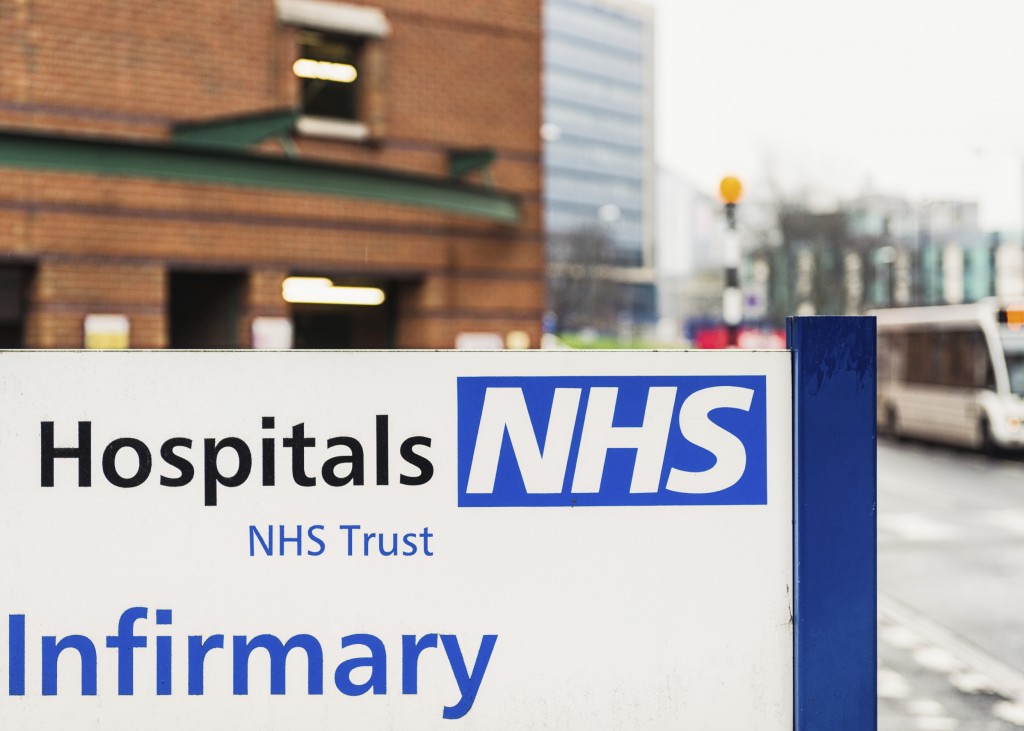A Christian health worker found to have harassed a junior Muslim colleague when she prayed for her has lost her employment appeal today.
Victoria Wasteney, 37, a senior occupational health therapist was disciplined by East London NHS Foundation Trust when she was accused of trying to convert 25-year-old Enya Nawaz.
Born-again Christian Miss Wasteney invited her to church events and gave her a book, I Dared To Call Him Father, about a Muslim woman who converts to Christianity.
When Miss Nawaz was upset about health problems, Miss Wasteney said she offered to pray for her, putting her hand on her knee and asking God for ‘peace and healing’.
Miss Wasteney denied she ever attempted to convert her Muslim colleague, claiming she thought the two were friends.
She also claimed her young colleague was “manipulated” into complaining by the hospital trust.
Miss Wasteney, from Epping, was the £50,000-a-year head of forensic occupational therapy at the John Howard Centre in Homerton, a secure hospital for mentally ill patients, since 2007.
She took the trust to an employment tribunal claiming it had failed to clear her of wrongdoing after an eight-month disciplinary and that she had been harassed and discriminated against because of her religious belief.
The trust argued the disciplinary hearing was fair and denied it discriminated against Miss Wasteney, which was upheld by an Employment Tribunal last year.
Her lawyers later lodged an appeal citing article 9 of the European Convention on Human Rights, which protects freedom of conscience and religion.
However Today at the Employment Appeal Tribunal in central London Judge Eady QC dismissed the appeal, and backed the Employment tribunal’s original finding.
In her judgment she said: “I am satisfied the Employment Tribunal approached its task correctly and provided a proper and adequate explanation of its reasons. I duly dismiss this appeal.”
She would be consulting with her lawyers about what legal action she may be able to take.

